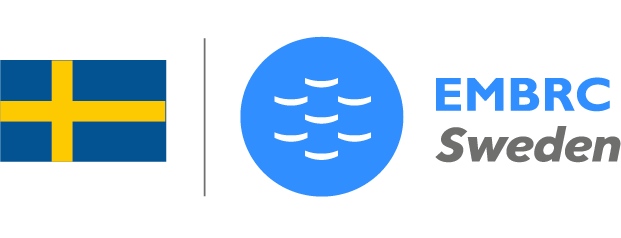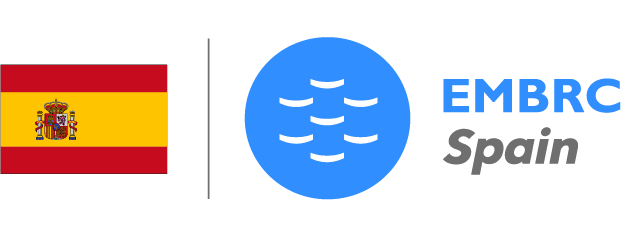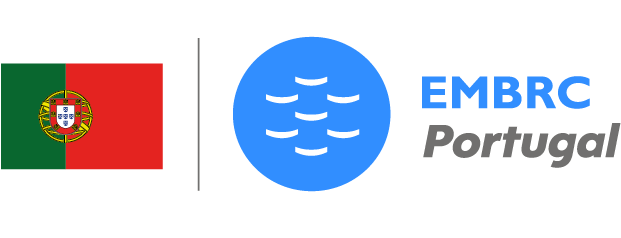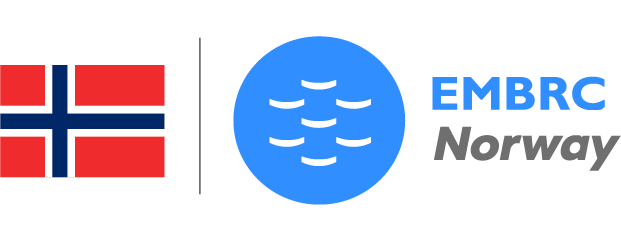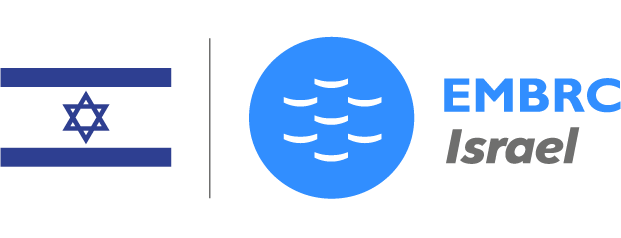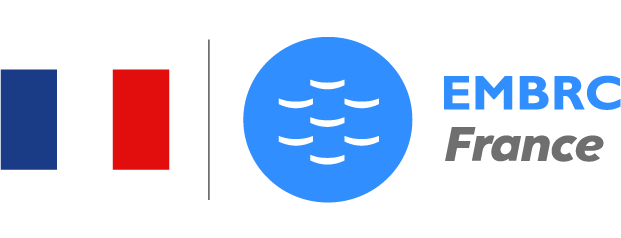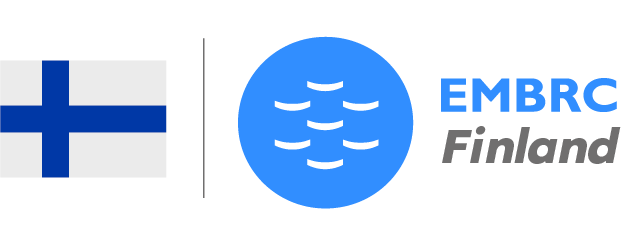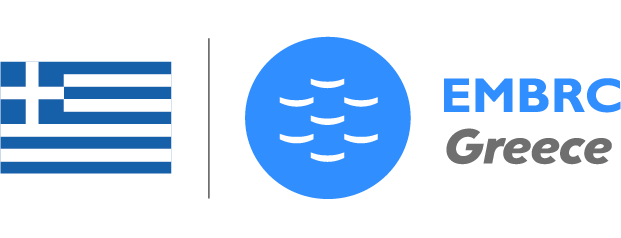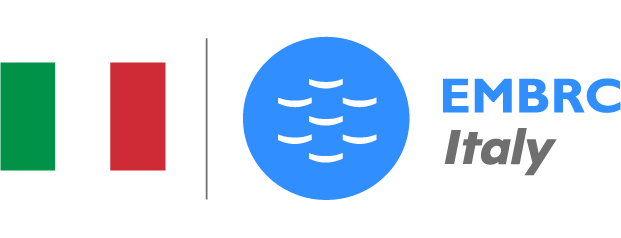
Belgium
What is EMBRC Belgium?
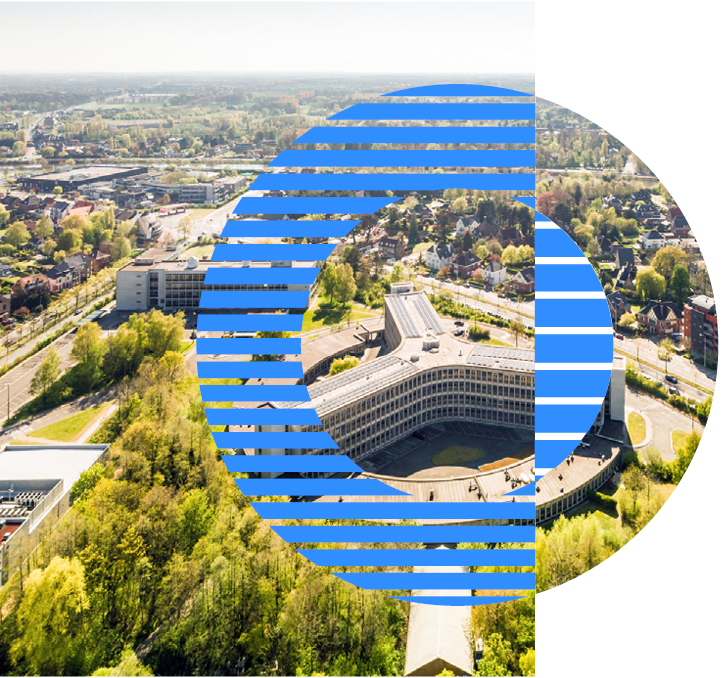
EMBRC Belgium is the Belgian node of EMBRC – a pan-European research infrastructure made up of a network of research organisations and marine stations across Europe that accelerates marine biology and ecology research through its knowledge, expertise, and services.
Belgium joined EMBRC in 2013. Through 10 research groups across three universities, the Institute of Natural Sciences (RBINS) and Flanders Marine Institute (VLIZ), it offers researchers access to five marine sites and cutting-edge marine research services.
EMBRC Belgium offers its Marine Training Platform as a service to support education and training for marine scientists and Blue Economy workers. …
EMBRC Belgium is the Belgian node of EMBRC – a pan-European research infrastructure made up of a network of research organisations and marine stations across Europe that accelerates marine biology and ecology research through its knowledge, expertise, and services.
Belgium joined EMBRC in 2013. Through 10 research groups across three universities, the Institute of Natural Sciences (RBINS) and Flanders Marine Institute (VLIZ), it offers researchers access to five marine sites and cutting-edge marine research services.
EMBRC Belgium offers its Marine Training Platform as a service to support education and training for marine scientists and Blue Economy workers. It also provides ecosystem access, culture collections and integrated omics platforms.
EMBRC’s Belgian partners are:
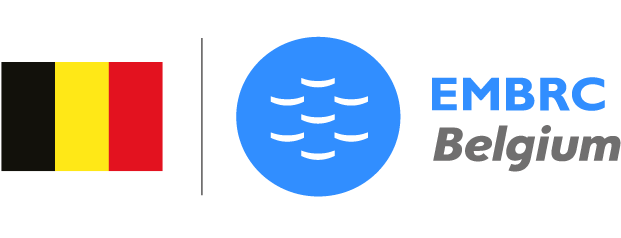
Liaison Officer
-
Marleen Roelofs
-
marleen.roelofs@ugent.be
-
Ghent University
-
Ghent
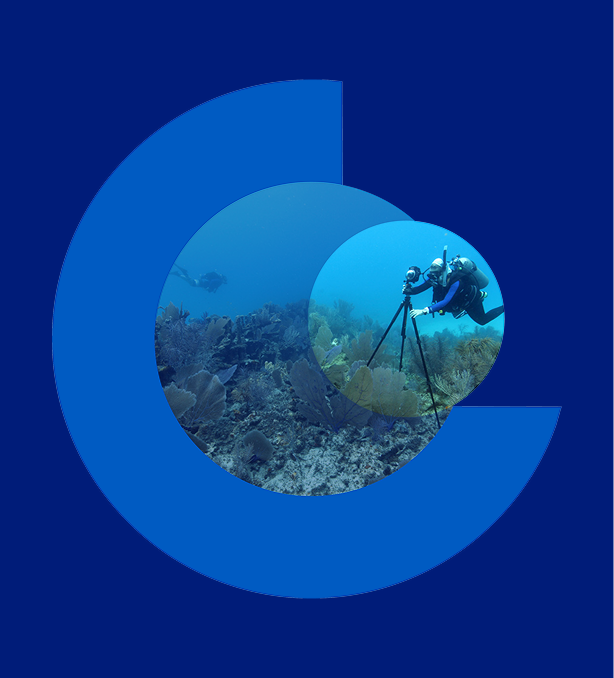
EMBRC Belgium’s Marine Sites
How EMBRC Belgium can
support researchers?
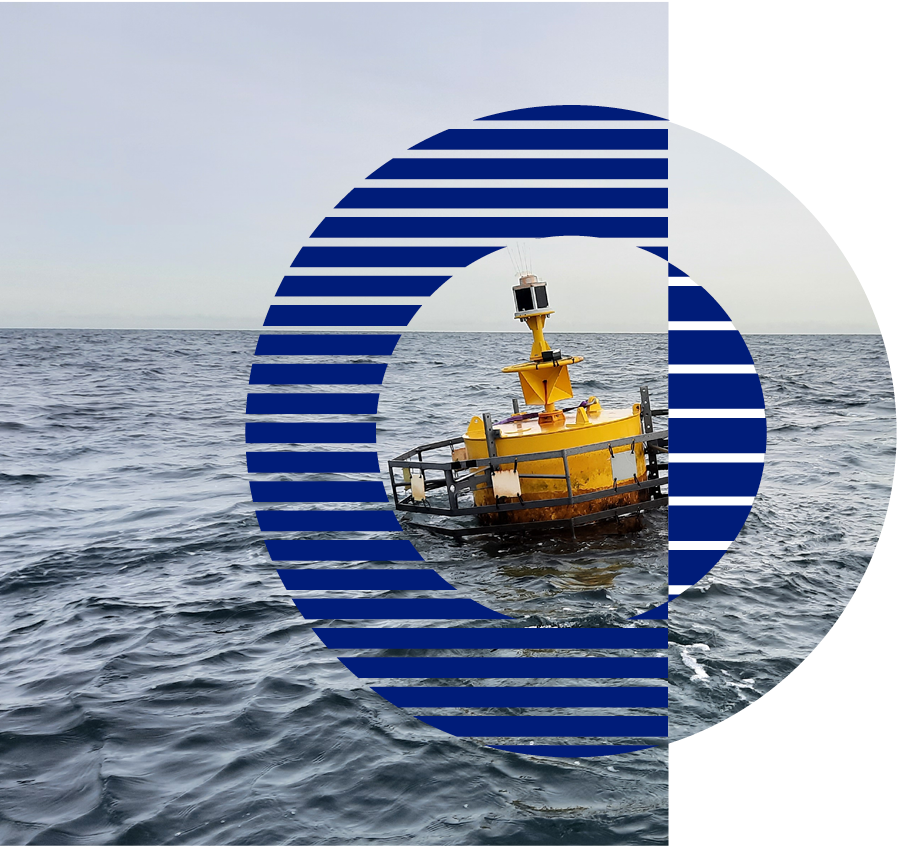
EMBRC Belgium can provide researchers with the access, research vessels and scientific diving team needed to study estuarine and marine habitats. This includes the ability to sample the water column, soft sediments and artificial hard substrates.
EMBRC Belgium maintains a collection of well-characterised strains of marine diatoms, including new marine model species for molecular and biotechnological research, a bacteria collection with >25,000 strains and a living culture collection of marine macroalgae, nematodes, flatworms and artemia. It also offers integrated omics platforms for biodiscovery, microalgae culturing facilities, platforms for histological sectioning and staining techniques as well as a wide …
EMBRC Belgium can provide researchers with the access, research vessels and scientific diving team needed to study estuarine and marine habitats. This includes the ability to sample the water column, soft sediments and artificial hard substrates.
EMBRC Belgium maintains a collection of well-characterised strains of marine diatoms, including new marine model species for molecular and biotechnological research, a bacteria collection with >25,000 strains and a living culture collection of marine macroalgae, nematodes, flatworms and artemia. It also offers integrated omics platforms for biodiscovery, microalgae culturing facilities, platforms for histological sectioning and staining techniques as well as a wide range of experimental facilities for ecological research including climate rooms, micro- and mesocosms and equipment for climate-change related research.
It also provides genomics and transcriptomics services for seafood identification and tracing the origin of marine species across the food value chain.
EMBRC Belgium (UGent) also hosts a core EMBRC service: the ERIC’s Marine Training Unit, which manages two service platforms:
The Marine Training facilitates the training of the research infrastructure staff as well as the knowledge and technology transfer to the industry and blue bioeconomy sectors, through advanced and specialised training courses. Learn more about The Marine Training. Link to the MTP page
